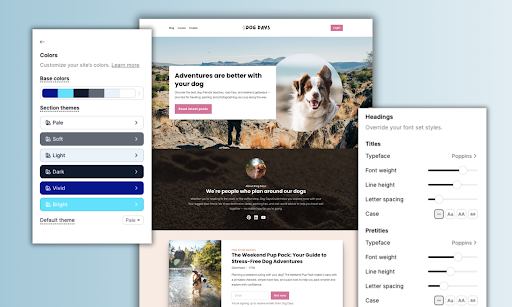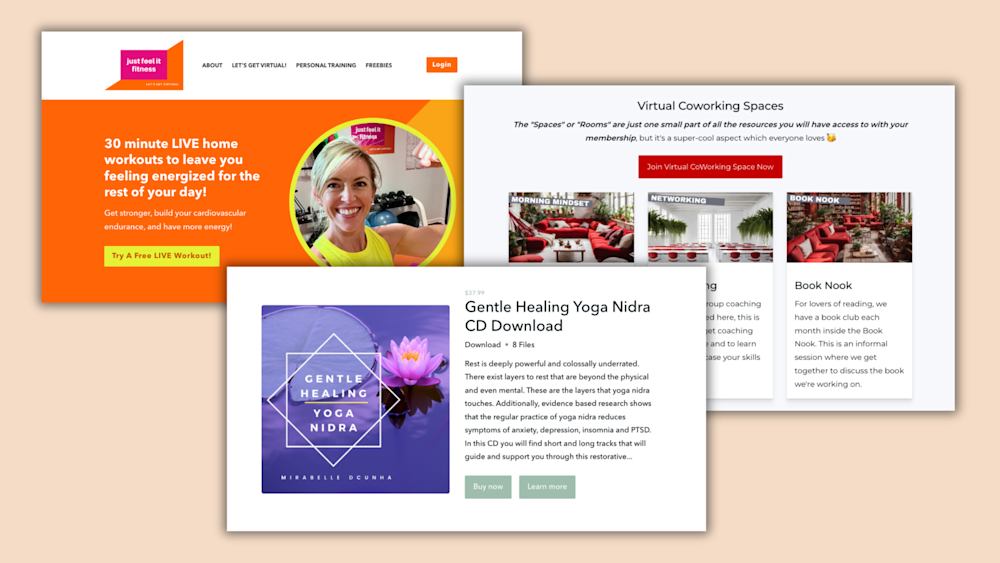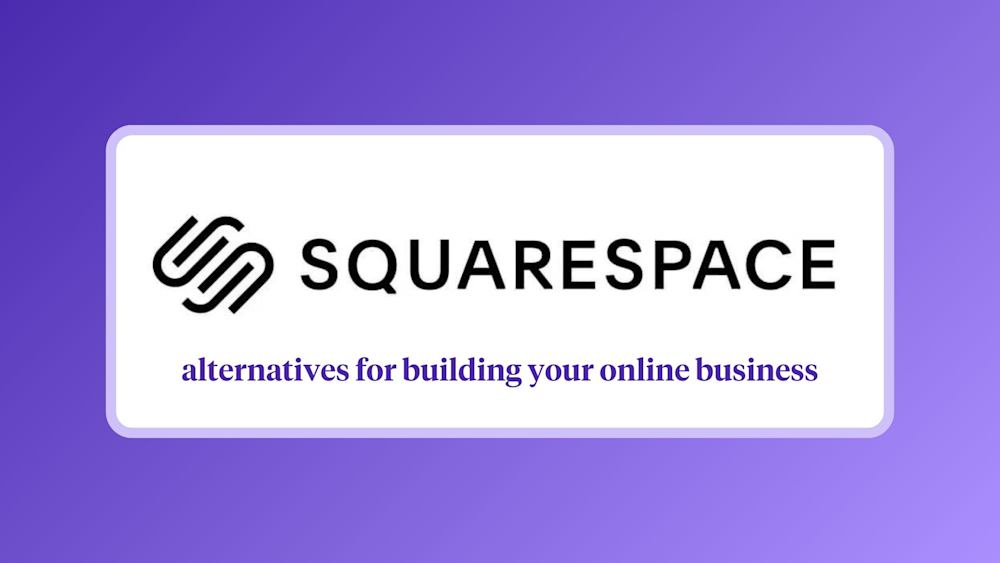A third of Americans — and more than half of those under the age of 45 — have lost their job, been placed on leave, or had their working hours cut.
With record unemployment numbers, nobody can say for sure just how bad it’s going to get.
Only that it’s almost certainly going to get worse, and that many of those jobs won’t be there when the world reopens.
And with no job, no businesses open, and nothing to do but sit at home like we’re being told to…people are wondering what they should do now.
Sure, some are looking for new jobs. And some are hoping to ride it out until things improve.
But, increasingly, many are using this downtime to create a new, sustainable income stream for themselves.
Today, the world is experiencing a collective “aha moment”.
In 2008, I was working at a marketing agency in Sausalito, CA that launched the ”Aha Moment” campaign for Mutual of Omaha.
The agency, Skadaddle Media, turned an Airstream trailer into a mobile video recording studio and sent it to tour the country, interviewing thousands of people. They asked about their “aha moments” -- those pivotal realizations that led to a massive change in the direction of their lives.
Watching interview after interview, one of the things that struck me most was how many “aha moments” were sparked by circumstances completely outside of the interviewee’s control.
Getting a terrifying diagnosis.
Living through a horrific accident.
Being laid off from a job.
These events forced people into drastic change.
Things would never be the same again, because things could never be the same again. They had to learn to operate within a new normal and make big changes.
Many of us have dreamed of making those big changes.
Of leaving the “safe” path behind, and taking our chance on something bigger.
But most of us didn’t. It was too easy to choose the safe path.
The safe path meant a paycheck we could depend on. It meant a world that was comforting and familiar.
Well, that path is gone.
Workers can no longer depend on jobs to be available, or on large employers to look out for us.
It’s our unique passion, skills, and expertise — and not our ability to fulfill some corporate mission — that create our economic opportunity.
That’s the “aha” moment that many are experiencing today.
The creator economy is empowering workers
At Podia, an all-in-one platform for creators to sell digital products, build beautiful websites, and grow their audience, we’ve been seeing an accelerating trend of workers taking their business online.
From musicians to artists, designers, yoga instructors, marketers, accountants, wellness coaches, personal trainers, and more, formerly offline workers are looking for a way to bring their business online. They’re doing it by selling digital products like online courses, digital downloads, webinars, and coaching.
Creators are earning their first “online dollar” by the millions, and they’re joining one of the fastest-growing ecosystems on the planet: the creator economy.
In the creator economy, people sell products to others who want to learn from, be entertained by, or support the creator.
From teaching people how to plant backyard gardens, to building membership communities around bread baking, to helping professionals master Microsoft Excel, creators are turning their knowledge into products that others are happy to pay for.
Participating in the creator economy has unique advantages over traditional work:
1. Equity, not wage dependence
In the creator economy, every creator is a business owner. By building an audience for your digital business, you build equity that, nurtured properly, increases in value over time.
2. Pay uncapped by the number of hours in a day
Creators aren’t trading hours for time; they’re building products that virtually anyone anywhere in the world can purchase.
3. Authenticity and individuality
A creator’s work centers around their passion, skills, and expertise, not what their employer demands of them. The internet has connected us all, and even the most niche creators can find an audience.
The creator economy is more than an exchange of goods and money; it’s a shift toward the freedom and empowerment of workers everywhere.
Creators are well-suited to weather economic downturns, too, as demand for learning new skills goes up when the job market suffers.
We’re seeing deeper and deeper engagement from creators’ audiences on Podia, with an unprecedented surge in digital product sales:
And customers are flocking to creators’ sites. Here’s a look at traffic to creator websites, which increased more than 40% last month:
The economy will never be the same
Last year, we surveyed 2,000 creators, and 73% of those with a day job planned to quit within three years to become full-time creators.
For many of them, those plans just got fast-forwarded, and they’re experiencing a mass aha moment about the opportunity in front of them.
As they find their footing and build stable, healthy incomes from their creative work, they’ll experience that same “aha moment” as so many creators before.
They’ll think, “I never want to work a ‘real’ job again.”
And they won’t have to.



